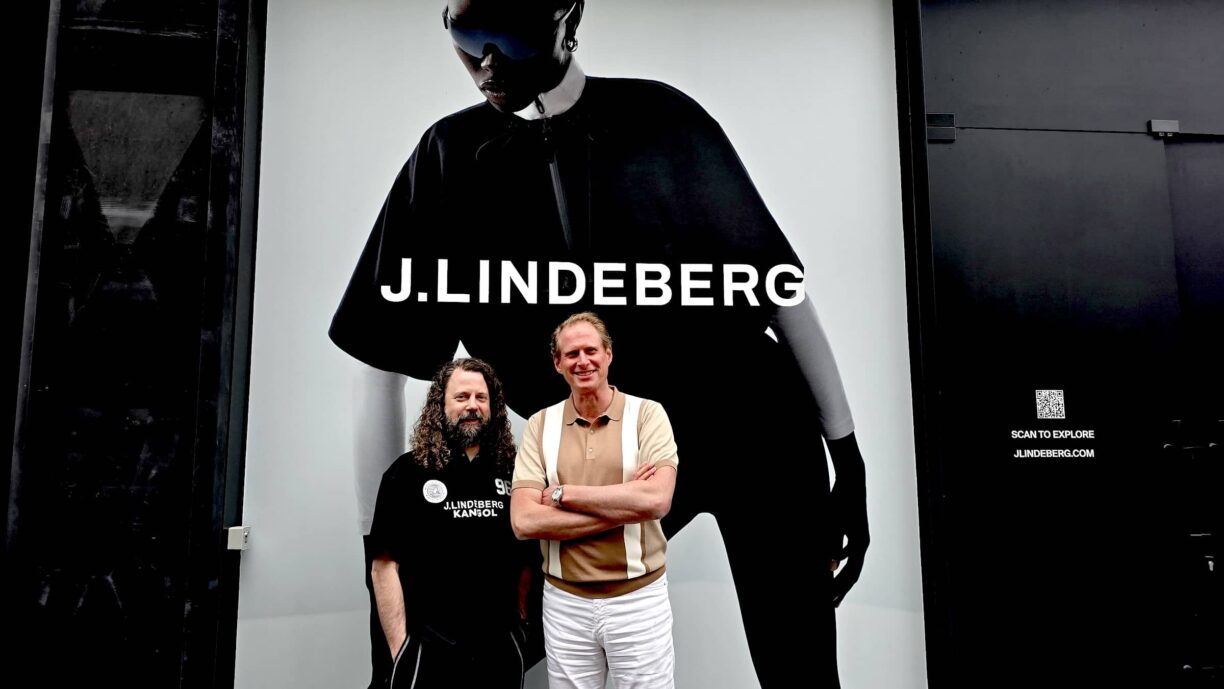Cameron Diaz confirmed she was stepping away from acting in 2018 – but now, she’s returning to the screen in new film aptly titled Back In Action, alongside Jamie Foxx.
Foxx posted a phone conversation on Twitter between himself, Diaz and NFL quarterback Tom Brady.
Brady says: “I was talking to Jamie and he said you need a few tips on how to un-retire. I’m relatively successful at un-retiring” – to which Diaz replies: “Honestly, exactly what I needed.”
Diaz, 49, is known for blockbusters such as There’s Something About Mary, Charlie’s Angels and The Holiday, and since announcing her retirement from acting, she has welcomed a daughter with husband Joel Madden and set up an organic wine brand.
Sometimes a break (if you’re able to) is all you need to rejuvenate your personal and professional life – and there’s no shame in changing your mind and going back on a decision. Here’s why a career break might just be the thing you need…
A fresh perspective

When you’re doing a job from nine to five every day, it can be difficult to pause, take a breath and actually think about what you want out of your life.
That’s why Charlotte Davies, career expert at LinkedIn, says: “Taking a career break can help to clear the mind and allow you to better understand what you want from your career. It might mean that you discover that your previous role wasn’t fulfilling, and that’s OK.”
She says whatever you decide to do after the break is fine – whether you stick to your original career, or try something completely different.
“Having some time out to rest, reset or try something new gives us time to re-evaluate our lives, and if we’re happy with the direction it’s going in.
This doesn’t mean a career change has to follow a career break, as often smaller changes in our day-to-day lives are enough to set things back on course,” she says.
“And if you did want to do something different after a break, the skills you build up over the course of your career are often transferable, and will stand you in good stead for roles that are different to those you trained in or have experience of.”
From a more personal perspective, life coach Mariel Witmond (mindfulsonder.com) says: “Whether it’s a micro-break or longer, taking a step back from something can be a positive way of creating space to reflect, process, and assess the next best course of action.
They help us gain perspective of the larger picture (rather than stuck in the weeds with tunnel vision) and can encourage us towards healthier habits.”
Building new skills

“What some employers may not realise are the varied benefits that a career break can bring: fresh perspectives, new skills and a renewed sense of energy, all of which are highly valuable to the workplace,” suggests Davies.
And if you, like Diaz, decide to return to the same career, you might bring new energy to the job. “Whether you’re having a break to go travelling, or to spend more time with your family, taking time out from the day-to-day can help build experiences, allow you to explore passions and ultimately, gain life skills that might not otherwise have been achieved,” says Davies.
“Skills such as problem-solving, communication and budgeting can be enhanced outside of the office, meanwhile travelling can provide a new perspective around different cultures – all of which will benefit you if and when returning to your original career.”
Building mental resilience
If you’re experiencing burnout from your current job, it could be time to think about doing something different – if you’re able to financially.
“When pressures result in us oversubscribing ourselves to what we do, not only can it cause burnout, but it can actually kill the love you had for what you were doing.
What once felt like your purpose becomes a chore, that depletes you and leaves you dissatisfied and unfulfilled,” explains Witmond.
“Refilling our cup becomes essential for our wellbeing and choosing to do something else entirely, or just taking a temporary break, can be the perspective shift we need to get back on track.”
Breaking the stigma

A recent survey from LinkedIn suggests 60% of working professionals think a stigma still exists around career breaks – potentially making big decisions like this even harder to make.
Witmond accepts it can be difficult to take the plunge, saying: “It is terrifying because it is the unknown. We like control, security, knowing. But getting outside of our comfort zone is where the magic happens.
It is where growth happens. Remember that you cannot fail, only learn and try again stronger than before.”
Attitudes do seem to be changing in the workplace, with research showing 58% of employers are more likely to hire a potential candidate who has opted for a career break than pre-pandemic.
Davies’ advice? “If you have taken a career break, never be afraid to big up the positive experiences and skills you’ve learnt along the way.”





